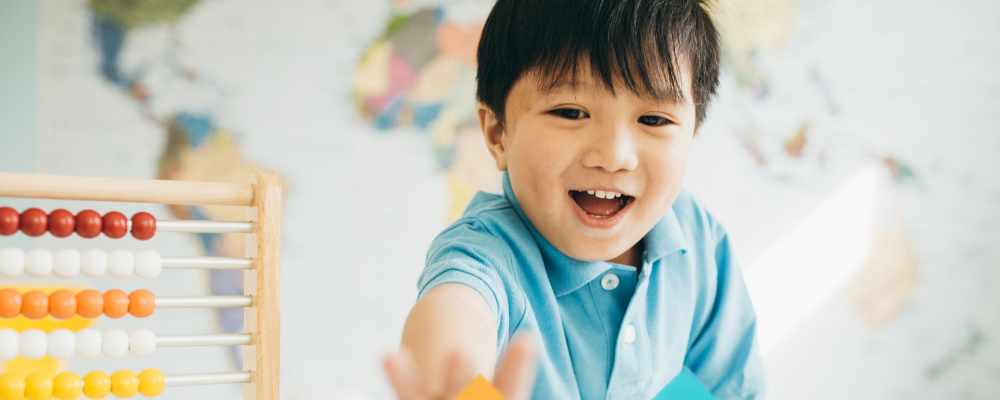In a child’s world, where so much is new and unpredictable, routines offer something incredibly valuable—security and stability. Whether it’s brushing teeth before bed or singing the same song during circle time, routines help young children feel safe, confident, and in control of their environment.
At Orrchid Montessori House, we view routines as more than just a way to manage the day. They are essential tools for building independence, emotional well-being, and a sense of order. Let’s explore why routines matter so much in early childhood and how they support a child’s overall development.
Why Routines Matter for Young Children
Children thrive in environments where they know what to expect. Predictable routines give them a sense of comfort, which reduces anxiety and helps them feel secure. This emotional stability allows them to focus more on learning, exploring, and connecting with others.
When routines are repeated consistently, children begin to understand the natural rhythm of the day. They start to anticipate what comes next, which gives them a sense of order, time, and sequence—important building blocks for cognitive growth.
Routines in a Montessori Environment
In a Montessori classroom, the entire day is built on gentle, predictable routines. From the way children enter the classroom and hang their bags to how they choose and complete work, routines are built into everything.
These routines:
-
Encourage independence and self-direction
-
Minimize power struggles and behavioral issues
-
Create a peaceful and productive atmosphere
-
Help children transition smoothly between activities
The same principles can be easily applied at home to bring structure and calm to your child’s daily life.
Benefits of Routines for Children
Builds Independence
When children follow the same steps every day—like putting on their shoes, cleaning up toys, or packing their bags—they learn to do things on their own. This boosts their confidence and encourages responsibility.
Develops Time Management
Routines help children understand that there is a time for everything—eating, playing, learning, and resting. This sense of time helps them transition more smoothly and manage their emotions when it’s time to stop one activity and begin another.
Reduces Stress and Anxiety
Knowing what to expect helps children feel more secure. Routines reduce the stress of surprises and give children the emotional grounding they need to explore and learn.
Encourages Cooperation
When routines are predictable, children are more likely to cooperate. Transitions become easier because they are not sudden or unexpected. For example, if your child knows that reading follows bath time, they are less likely to resist.
Strengthens Family Bonds
Shared routines—like bedtime stories, family meals, or morning greetings—create special moments that build trust and connection between parents and children.
Examples of Simple Routines
-
Morning routine: Wake up, brush teeth, dress independently, breakfast, school bag check.
-
After-school routine: Change clothes, healthy snack, talk about the day, quiet play.
-
Bedtime routine: Bath, pajamas, story time, lights out.
Keep routines visual and simple for younger children. You can use pictures, songs, or even a small chart to help them remember the order of steps.
Tips for Creating Effective Routines
-
Be consistent: Children learn through repetition. Keep routines as regular as possible, even on weekends.
-
Keep it simple: Don’t overload the schedule. Focus on a few key routines to start.
-
Make it visual: Use pictures or cues to help non-readers follow steps.
-
Give time and patience: It may take a few weeks for routines to become habits. Gentle reminders and encouragement go a long way.
-
Allow for flexibility: Routines are guides, not strict rules. Life happens. It’s okay to adjust when needed.
Final Thoughts
Routines may seem simple, but they hold powerful potential. They offer structure without rigidity, and freedom within a gentle rhythm. Most importantly, they teach children to trust the world around them—and their place within it.
At Orrchid Montessori House, we help children build meaningful routines that support their growth, both in school and at home. With just a little consistency and care, routines can become the foundation for confidence, calm, and joyful learning.

